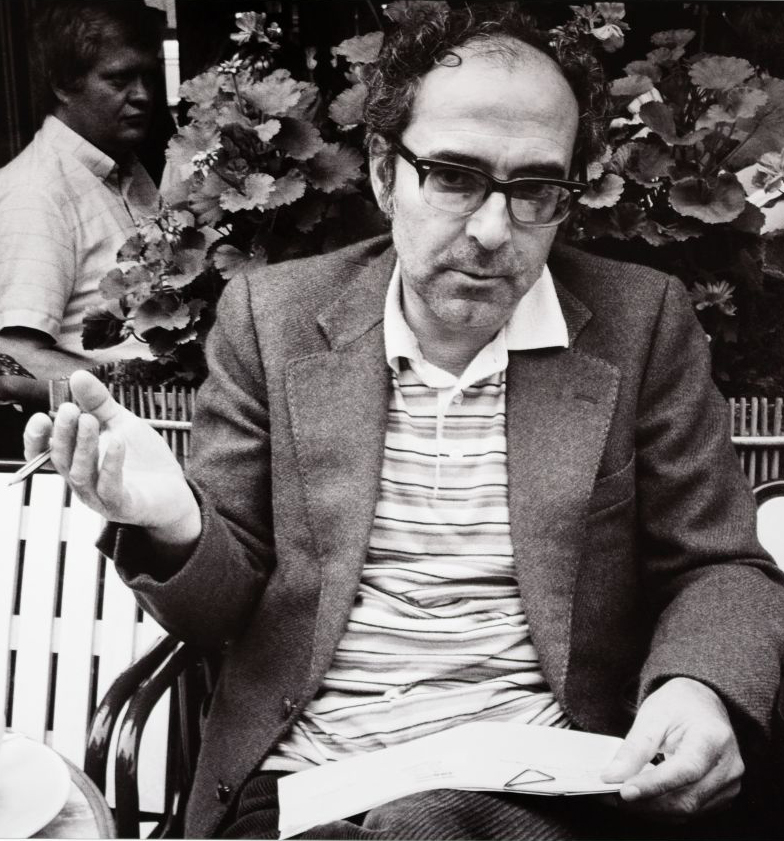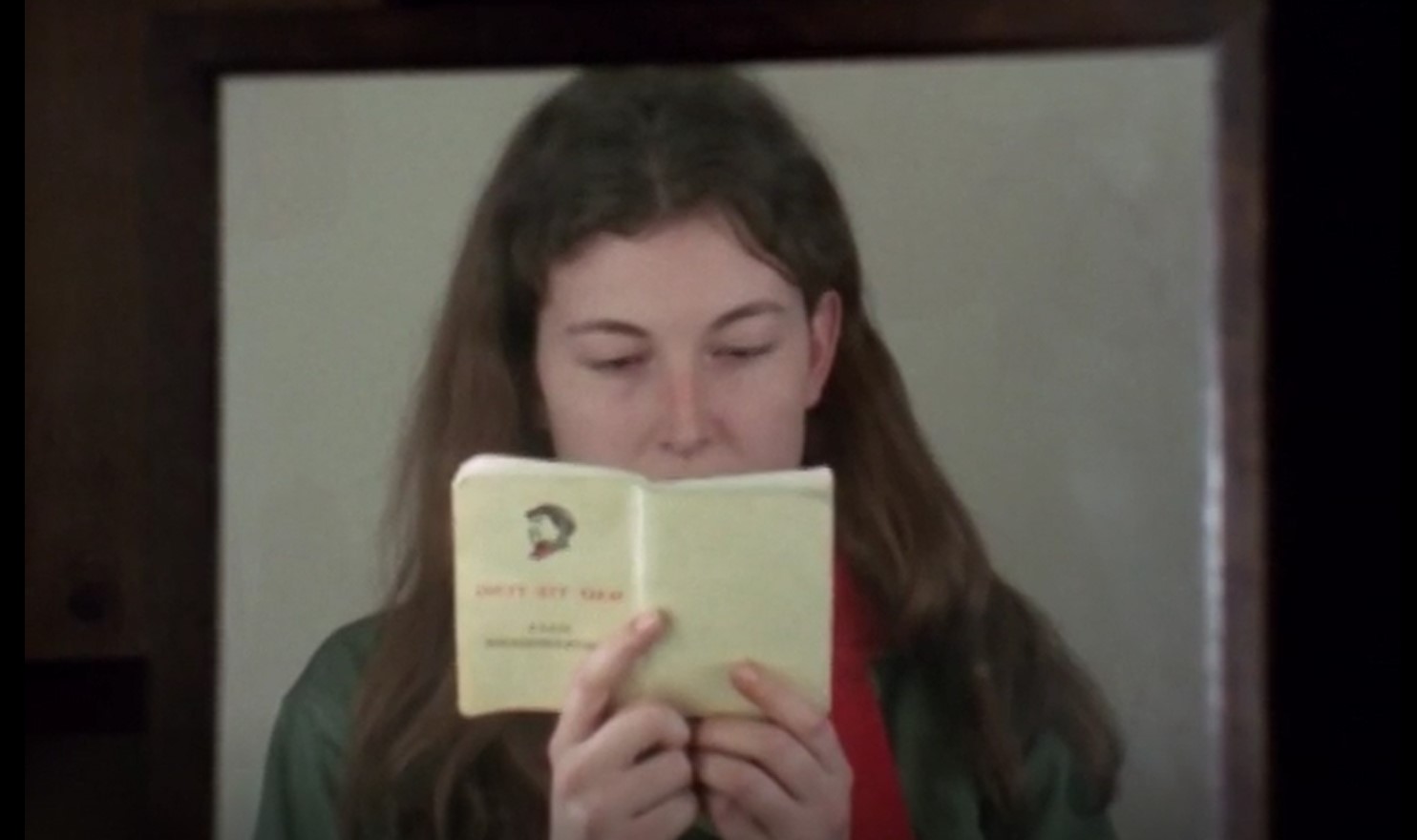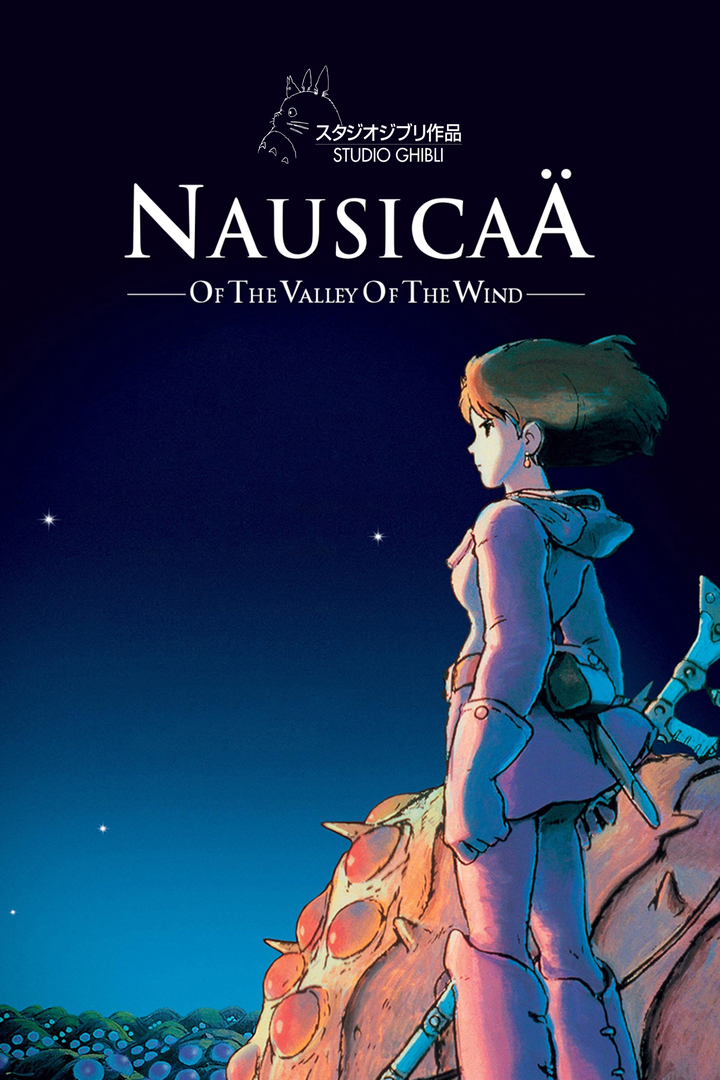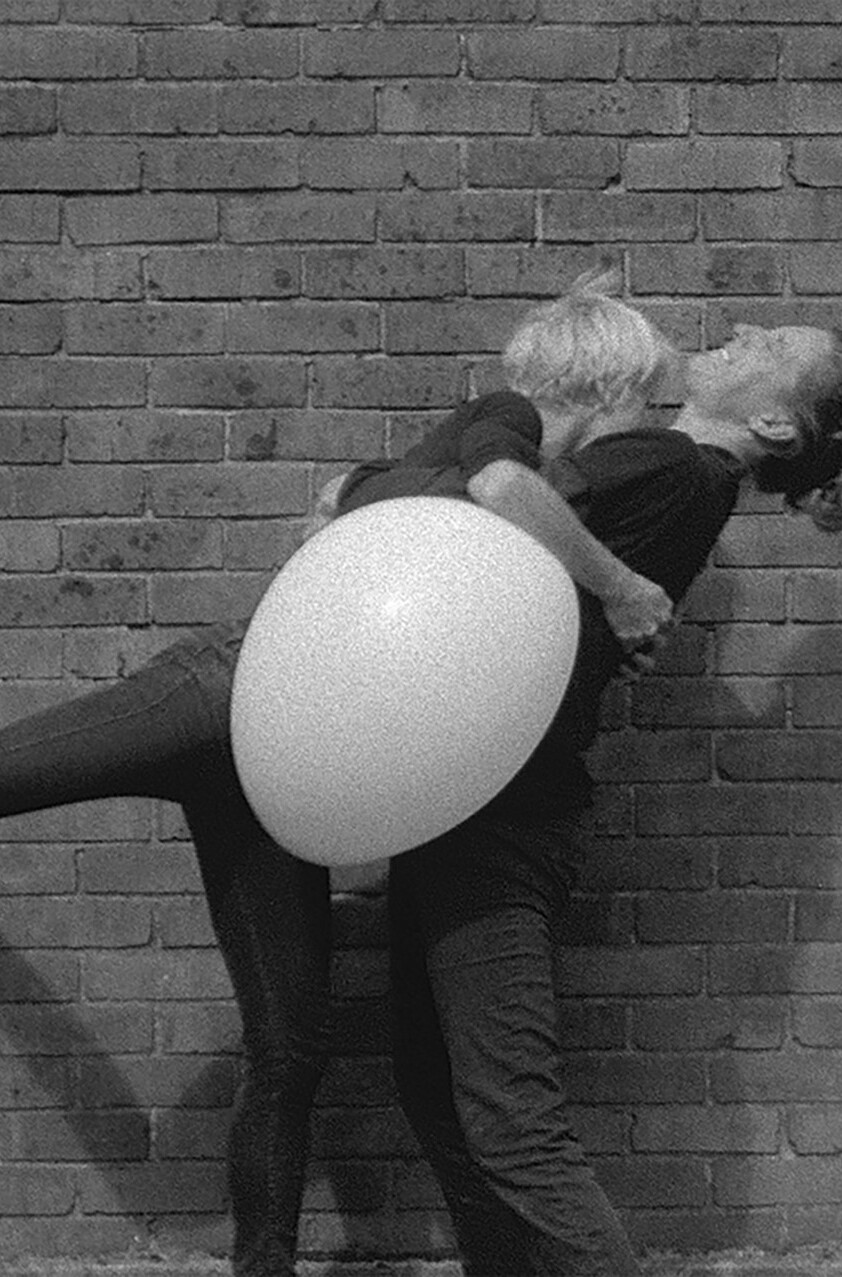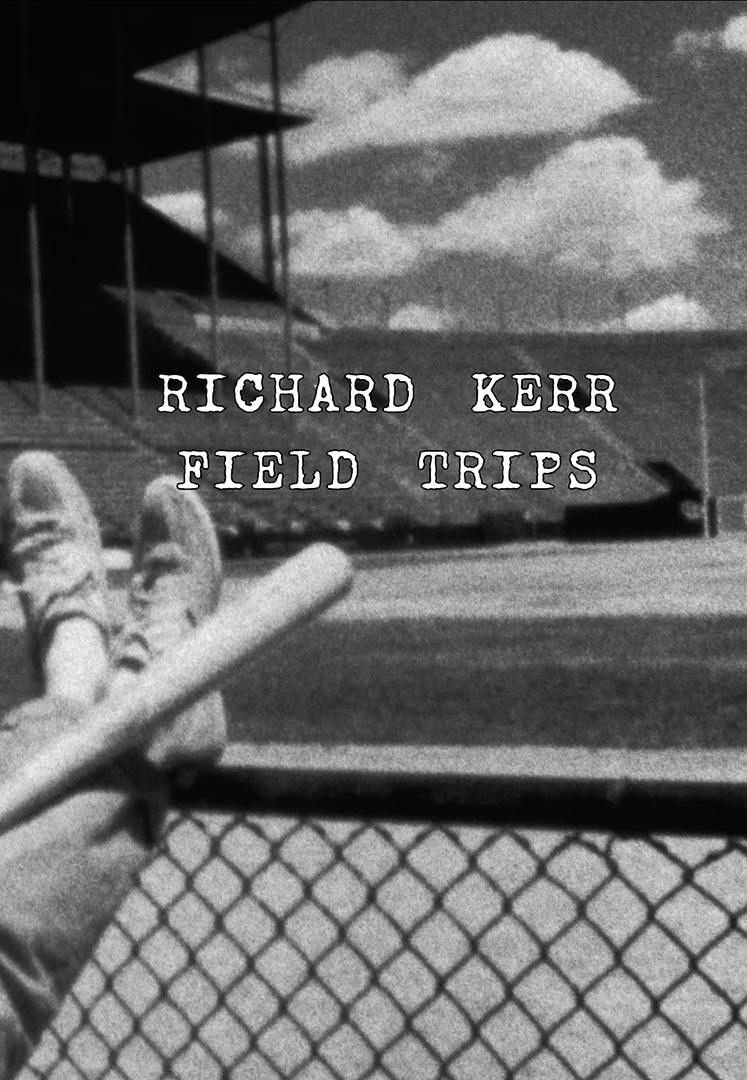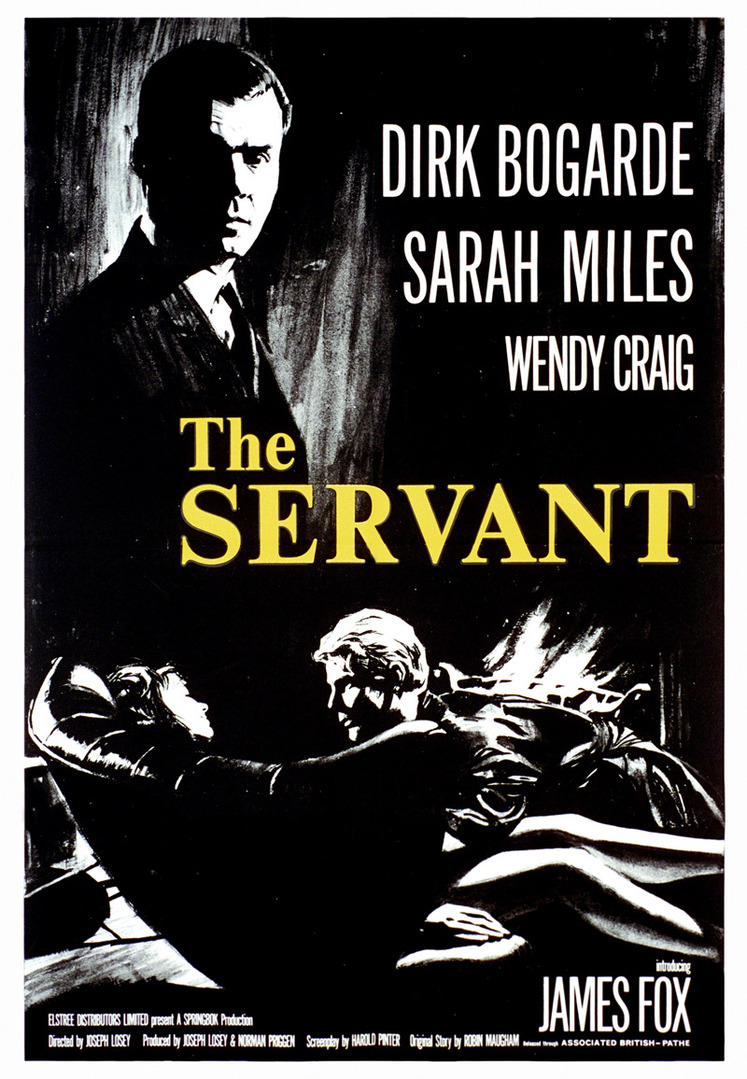Struggle in Italy
From the end of the 1960s, Godard became both an actor and an observer of the turmoil of his time. He captures the pre-1968 tremors such as the decline of the Trente glorieuses years, the society of housing estates and traffic jams ... During this period, marked by his relationship with Anne Wiazemsky, he became increasingly political while maintaining an amused critical eye: thus, the Mao militants do not appreciate so much La Chinoise. From 1968 on, he became more radical and tried to make films in a different way: he tried his hand at pamphlet, kinetract, and antispectacular documentary, and claimed anonymity by founding the Dziga Vertov group with his Maoist friend Jean-Pierre Gorin. In the field, he mobilized for Henri Langlois, against the Vietnam War, for the Palestinian cause... The second half of the 1970s marked a new phase, when his meeting with Anne-Marie Miéville coincided with his transition to video.
Upon the completion of Weekend in 1967, Jean-Luc Godard shifted gears to embark on engaging more directly with the radical political movements of the era -- and thus creating a new kind of film, or, as he eventually put it: “new ideas distributed in a new way.” This method involved collaborating with the precocious young critic and journalist, Jean-Pierre Gorin. Both as a two-person unit, and as part of the loose collective known as the Groupe Dziga Vertov (named after the early 20th-century Russian filmmaker / theoretician), Godard and Gorin would realize “some political possibilities for the practice of cinema” and craft new frameworks for investigating the relationships between image and sound, spectator and subject, cinema and society.
These films, long out-of-circulation except in film dupes and bootleg video, here make their formal repertory theatrical debut. They provide a crucial glimpse of Godard’s radicalization, and of the aesthetic dialogue between him and Gorin that, in essence, invented a modern militant cinema. As Godard told an English journalist of the era, film is not a gun -- but “a light which helps you check your gun.”
Struggle in Italy: not necessarily a film about the struggles in Italy; it was in fact largely shot in Godard and Anne Wiazemsky’s home at the time. This is a discursive reflection on a young Italian woman’s shift from political “theory” to political “practice” and, at the same time, a self-questioning of its own practice and theories. (AGFA)
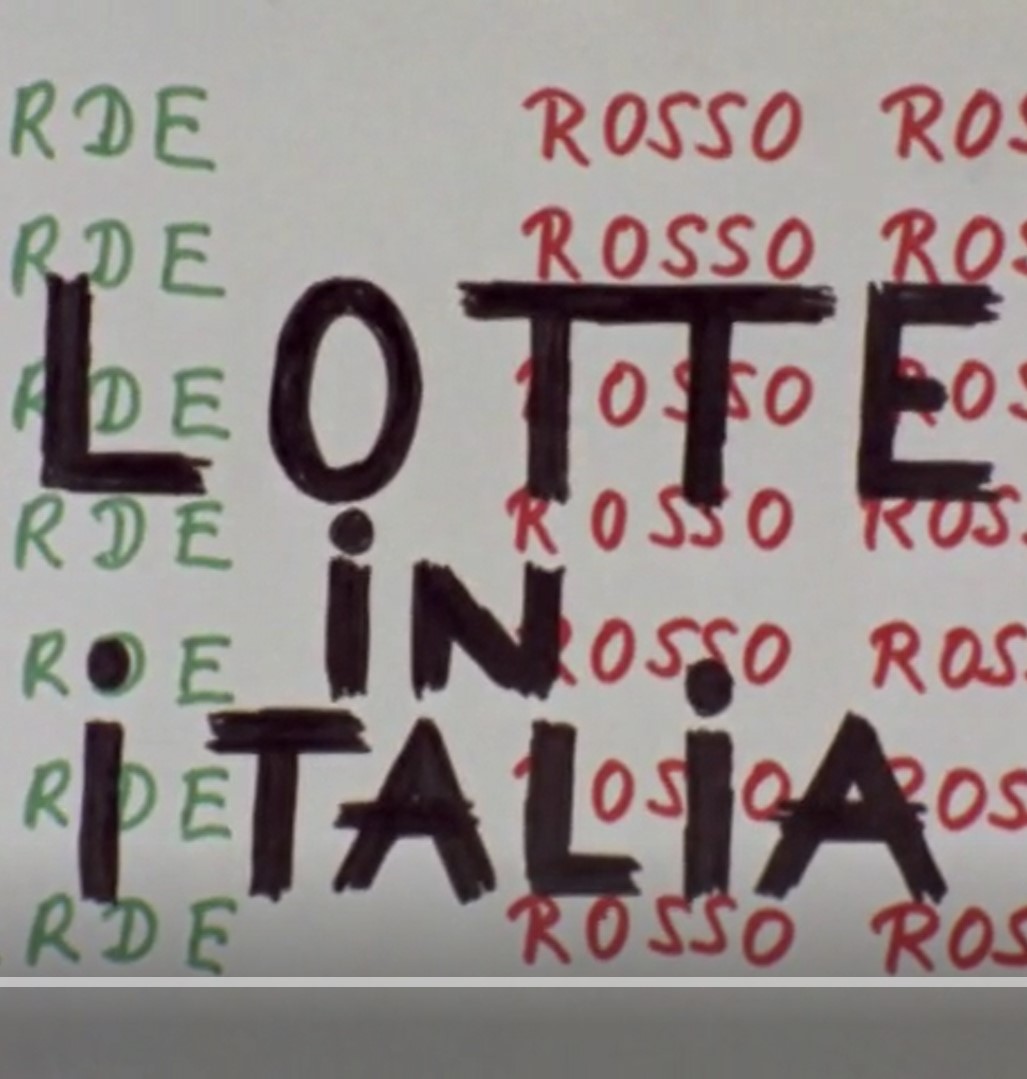
Jean-Luc Godard
Born in Paris in 1930, Jean-Luc Godard grew up on the shores of Lake Geneva, and his first passion was painting. After the Second World War, which he spent in Switzerland, his family sent him to study in Paris, but Godard mainly attended film clubs and the Cinémathèque française. At the beginning of the 1950s, he attended the Ciné-club du Quartier Latin (Cinema club of the Latin Quarter) where he met Maurice Schérer (soon to be Eric Rohmer), François Truffaut, Claude Chabrol and Jacques Rivette, among others, with whom he took his first steps as a critic and embarked on the adventure of the Cahiers du cinéma. After directing a few short films, he moved on to feature films in the wake of François Truffaut by directing A bout de souffle in 1960, which contributed to the launch of the French New Wave. He will not stop shooting until the 2010s, constituting over the decades an exploratory work that has always pushed the boundaries of cinema.
Photo: ©Bertrand Carrière | Collections de la Cinémathèque québécoise
